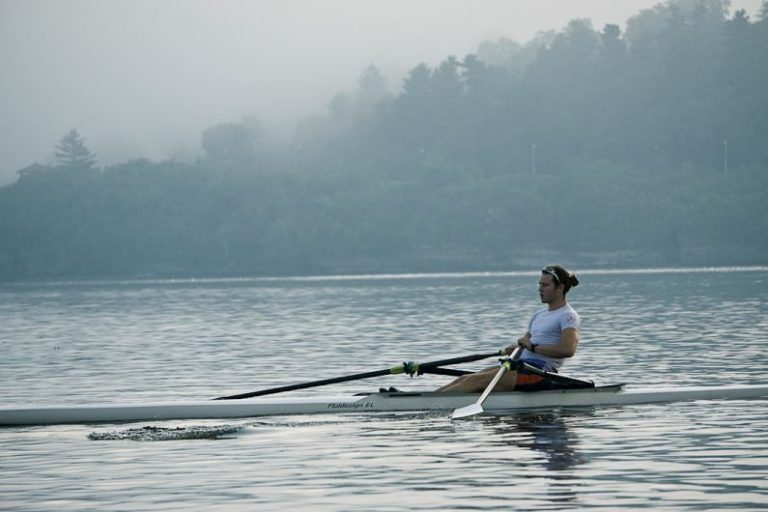
Rowing is a physically demanding sport that requires a combination of strength, endurance, and technique. Athletes spend countless hours training on the water and in the gym to improve their performance. However, one often overlooked aspect of athletic success is the role that sleep plays in optimizing rowing performance. Sleep is essential for overall health and well-being, but its impact on athletic performance, particularly in a sport like rowing, cannot be understated. Let’s delve into the importance of sleep in rowing performance.
The Importance of Quality Sleep
Quality sleep is crucial for athletes in all sports, and rowing is no exception. When we sleep, our bodies undergo essential processes that promote recovery and repair. This is especially important for rowers who put their bodies through intense physical exertion during training and competition. Without adequate sleep, the body does not have enough time to repair muscles, regulate hormones, and restore energy levels, all of which are vital for optimal performance on the water.
Inadequate sleep can lead to a range of negative consequences for rowers, including decreased reaction times, impaired decision-making, and reduced physical performance. Additionally, lack of sleep can impact an athlete’s mental sharpness and emotional well-being, which are essential for maintaining focus and motivation during training and races.
The Impact of Sleep Deprivation on Rowing Performance
Sleep deprivation can have a significant impact on a rower’s performance on the water. Studies have shown that even a single night of inadequate sleep can impair physical performance, coordination, and cognitive function. For rowers, these effects can be particularly detrimental, as the sport requires precise technique, timing, and endurance.
Furthermore, sleep deprivation has been linked to increased levels of cortisol, a stress hormone that can hinder recovery and muscle growth. This can lead to decreased strength and endurance, making it harder for rowers to push themselves to their limits during training sessions and races.
The Role of Sleep in Recovery and Adaptation
Recovery is a crucial aspect of athletic training, as it allows the body to repair and grow stronger in response to the stress placed on it during exercise. Sleep plays a vital role in this process, as it is during sleep that the body releases growth hormone, repairs muscle tissue, and replenishes energy stores.
For rowers, who engage in high-intensity, repetitive movements, adequate sleep is essential for muscle recovery and adaptation. Without enough sleep, rowers may experience increased muscle soreness, decreased strength gains, and a higher risk of injury. Additionally, sleep is important for mental recovery, allowing athletes to process and consolidate the skills and techniques learned during training.
Strategies for Improving Sleep Quality
To optimize sleep quality and enhance rowing performance, athletes can implement various strategies to ensure they get the rest they need. Establishing a consistent sleep schedule, creating a relaxing bedtime routine, and optimizing sleep environment are all important factors in promoting quality sleep.
Athletes should also prioritize sleep hygiene practices, such as avoiding stimulants like caffeine close to bedtime, limiting screen time before sleep, and creating a dark, quiet, and cool sleep environment. Additionally, incorporating relaxation techniques, such as deep breathing or meditation, can help athletes unwind and prepare their bodies for restful sleep.
In conclusion, sleep plays a critical role in optimizing rowing performance. Adequate sleep is essential for muscle recovery, cognitive function, and overall well-being, all of which are vital for success in this physically demanding sport. By prioritizing quality sleep and implementing strategies to improve sleep hygiene, rowers can enhance their performance on the water and reach their full athletic potential. So, next time you hit the hay, remember that a good night’s sleep is just as important as a tough training session when it comes to excelling in rowing.





